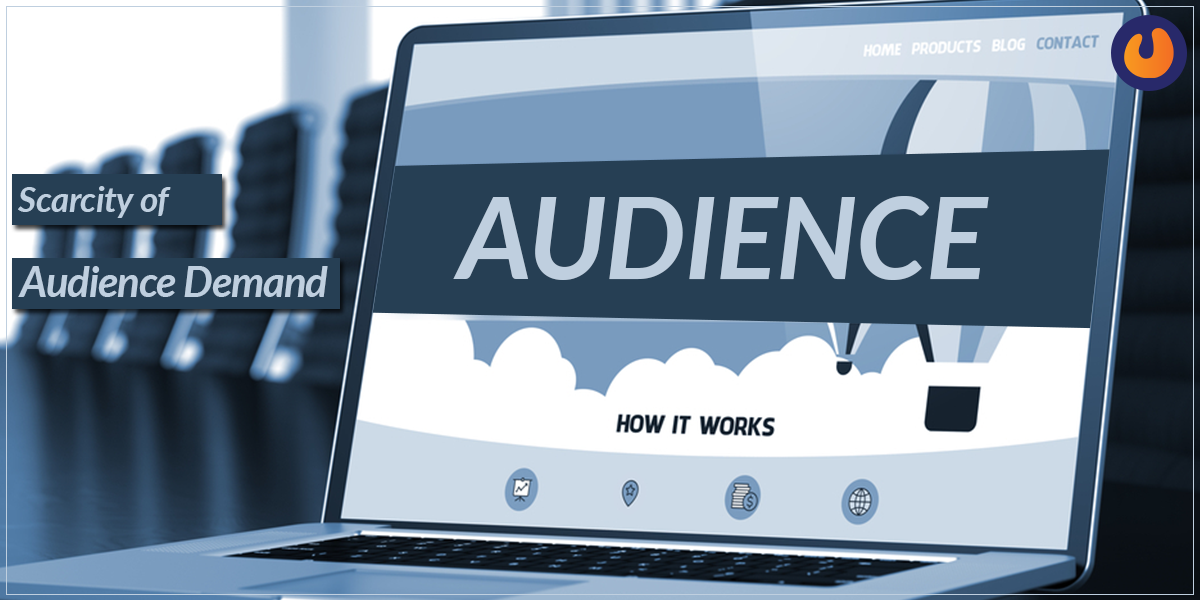

We all are aware of how beneficial SEO is for a website. It helps a website rank better in search results that eventually helps your business gain more customers. But there are times when SEO doesn’t work.
In this era of digitization, companies, industries, or business houses that don’t have a web presence are trailing. SEO is one such media that takes more time and focus than paid media. Below are reasons why SEO fails, and the reason is more than just one.
If you are going for SEO as your last of the lot option to save your business, it is necessary to pump the brakes. SEO does things with precision, but some scenarios come with undue pressure. Like digital marketing disciplines or media channels, SEO can be planned, benchmarked, and projected. Therefore, having unrealistic expectations with SEO could only harm your business.

SEO doesn’t have a quick switch that one can flip. SERPs have a competitive landscape, and all make promises on specific timing for SEO ROI and profitability difficult. You have to show some resilience while you work with SEO, pulling the plug too soon may harm your business to a great extent. Here, ‘Too Soon’ means before you get through the range of indexing, technical, content, external factors (links and more), and on-page.
Also, Read – 8 Website Speed Testing Tools for Efficiency
SEO tactics have stood the test of time and still lends importance at this time. If you write new tags and optimize them, you may see much lift. If you get a solitary new link, you won’t see a difference.
All this is tactical, but strategical thinking is different. While creating a strategy you have to set goals, plan methodology, measuring impact, and having mechanisms built-in with proper strategies via extensive research. Therefore, it is perennial to have a well-organized and strategical SEO theory instead of tactical.
SEO, most of the time, is beneficial for business. It is hard to find a case when SEO doesn’t offer a helping hand. However, there are times where SEO shouldn’t be one of the highest priority channels in the marketing mix.- This could happen when a company’s target audience isn’t looking for what they actually offer. Now, this is an alarming sign that SEO won’t work.

Here, SEO will be able to rank on certain keywords, but these rankings won’t matter when it comes to driving traffic, leads, or sales. As SEO is an inbound channel, it is necessary to have people coming to search engines actively, conduct a search, and get what they want.
Google has always used the search result page as a big experiment. If you look back in time, you must have found the different layouts and kinds of content in the SERPs.

SEO expectations should be filtered by witnessing how busy SERPs are and where the organic results are appearing. In an adverse world, if organic results are pushed down below SERP ads, content, local listings, and images, the traffic potential for the best organic search ranking will be less than it would be for a page where organic results are settled at the top.
IT is prone to troubles. Sometimes even the best of the best talented IT professionals don’t get what SEO demands. SEO team request for functionality, security, etc. that, of course, becomes a worst-case scenario for IT professionals.
Both IT and SEO work hand in hand, SEO doesn’t work with IT infrastructure, and the same goes for IT. If technical site factors can’t be touched, updated, or addressed, both indexing and site speed can suffer before we even discuss on-page factors and CMS needs.
UX can often make or break SEO campaigns and efforts that are measured against conversions. It is a separate thing to get traffic and rankings, while it is another if that traffic doesn’t convert. Extensive research can help you with the best rankings and alignment. But if the UX isn’t strong, and people can’t navigate where you want them to, then your SEO is nothing but a failure.
SEO traffic is not free. However, you won’t require media dollars, but internal or external resources will do. Whether it’s hard costs with an agency and/or in software or the soft cost of internal employees and resources, SEO does have a figure. For SEO, an all-in investment need is crucial.
In online marketing, a team can make or break SEO efforts. Teams are something uncanny to think about when we talk about SEO working or not. A team should be committed and prioritized towards their work. If not, SEO might be at risk.
Time to wrap up: SEO isn’t an exception when you put all the marketing efforts to work. Being aware of the reasons why SEO doesn’t work is necessary to follow tactics in your business development. Today, SEO is invested at many levels, but knowing where to resolve challenges or what can sink it before it starts, can help your business prosper in many ways.

